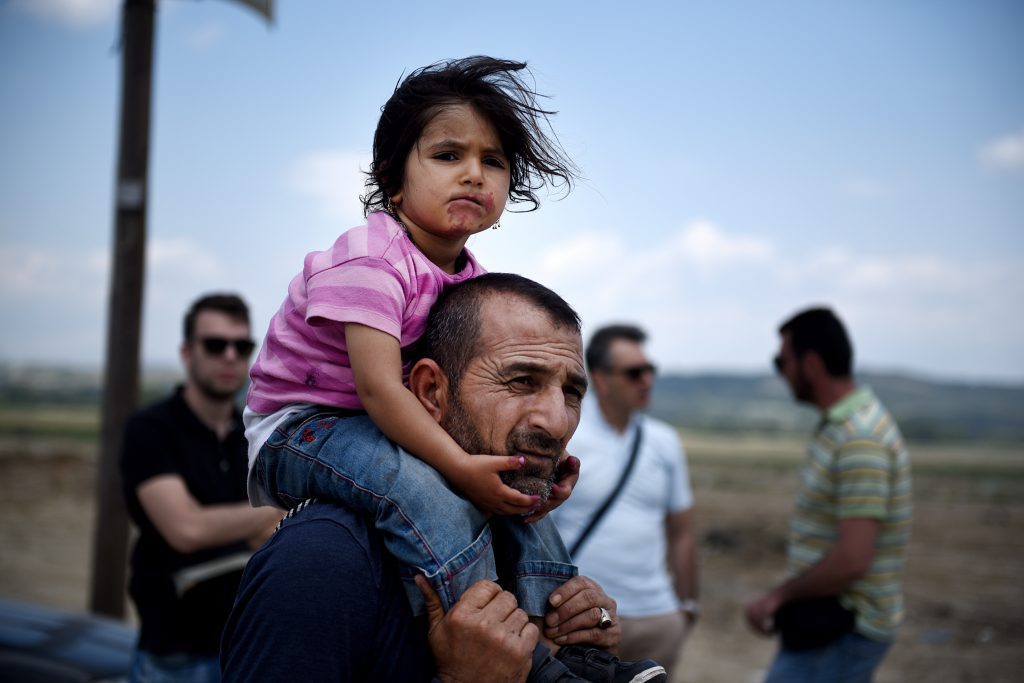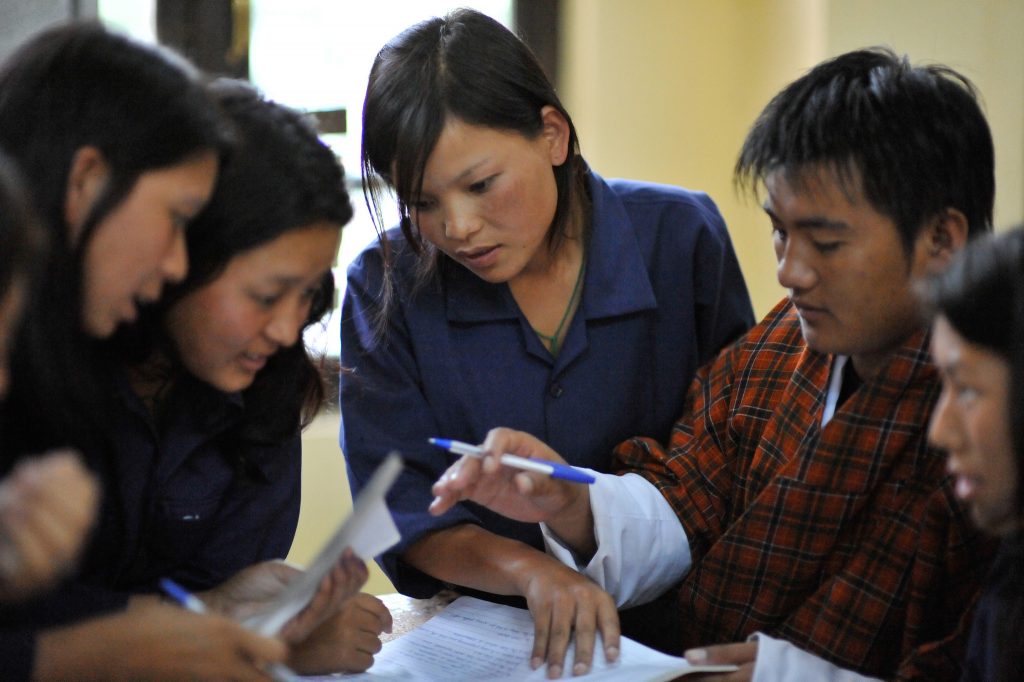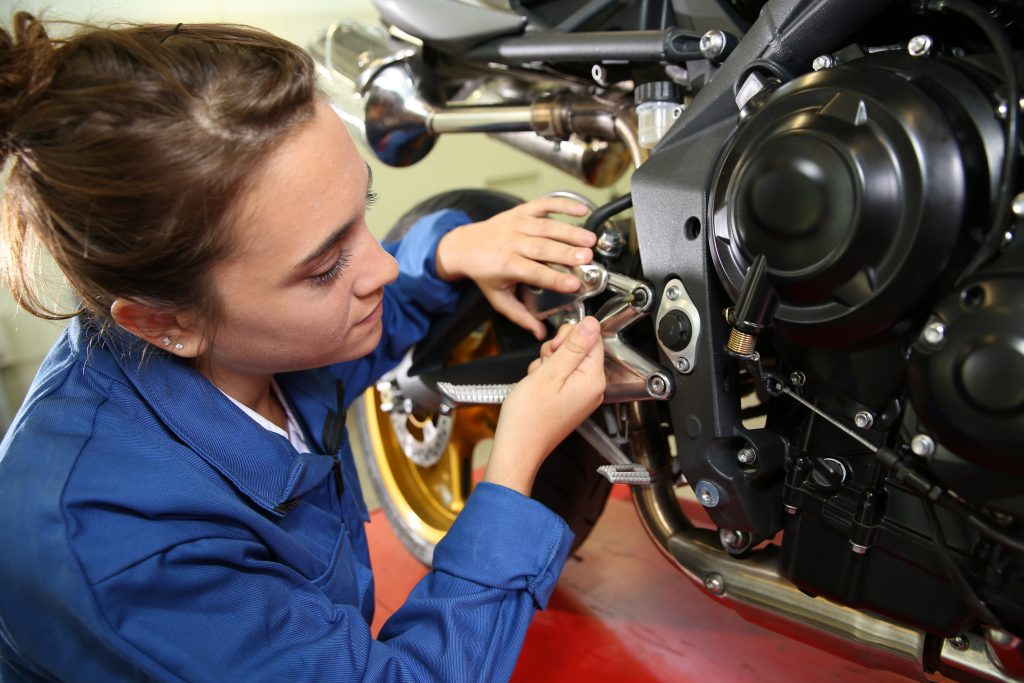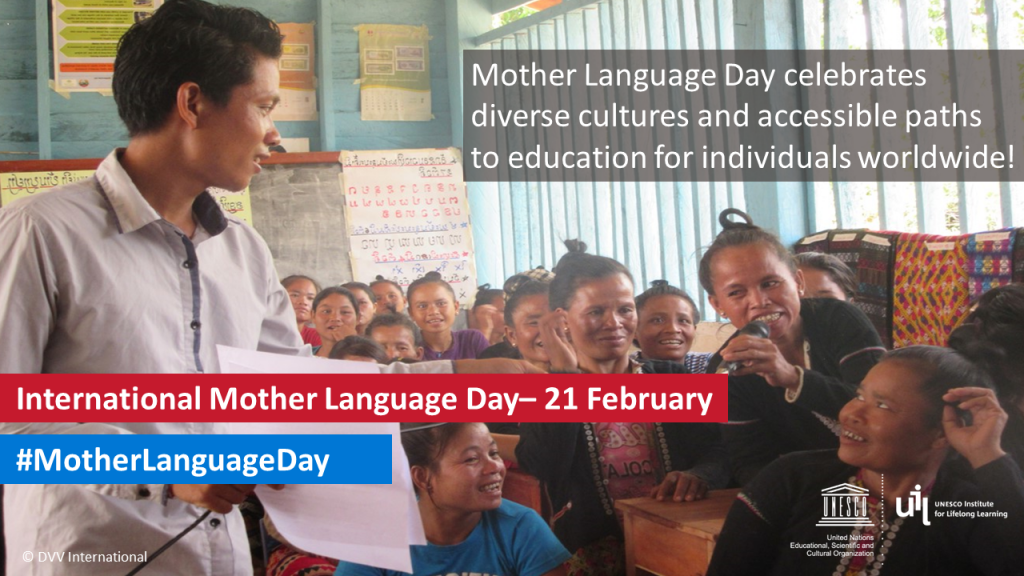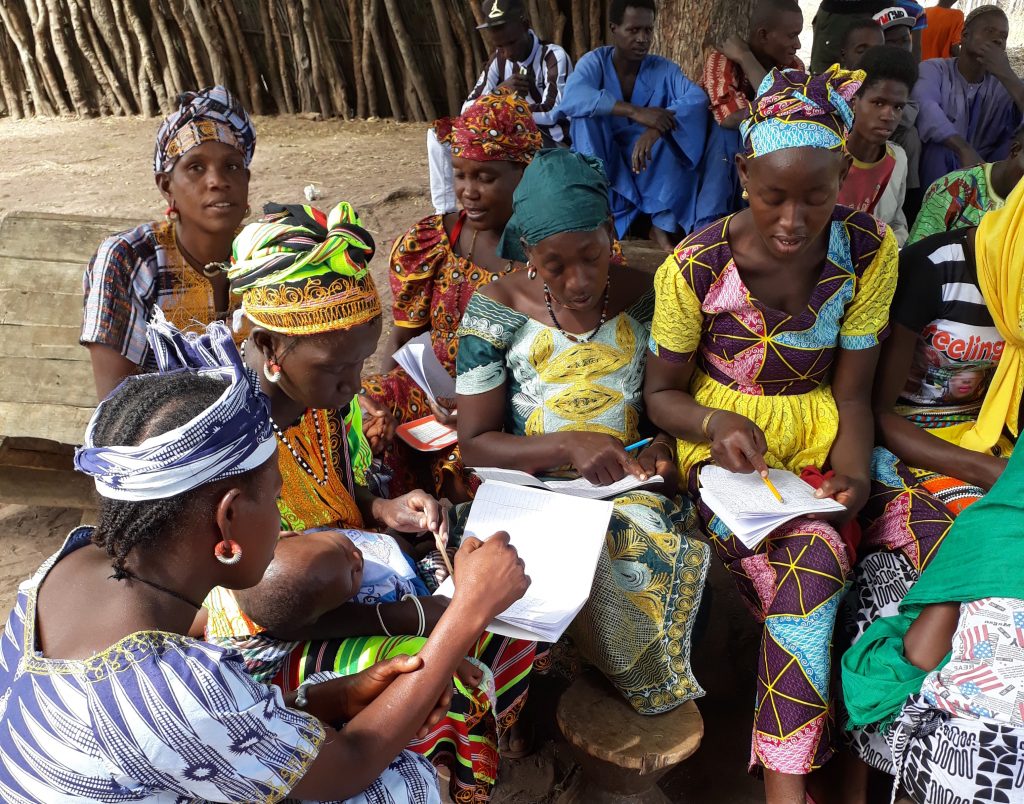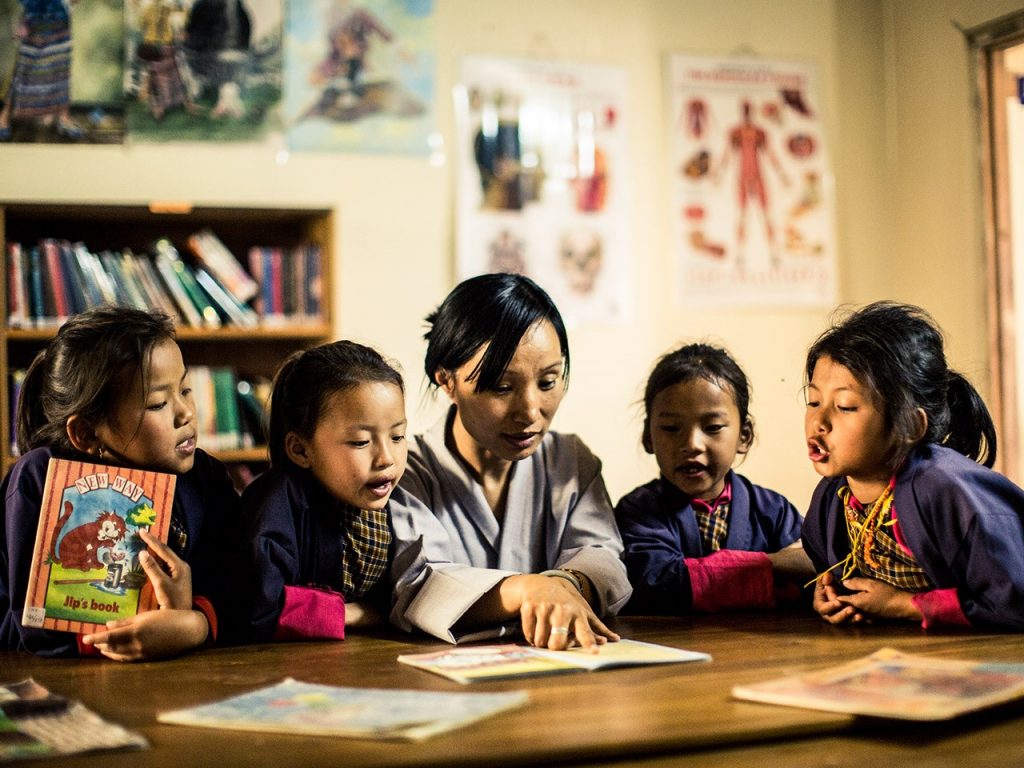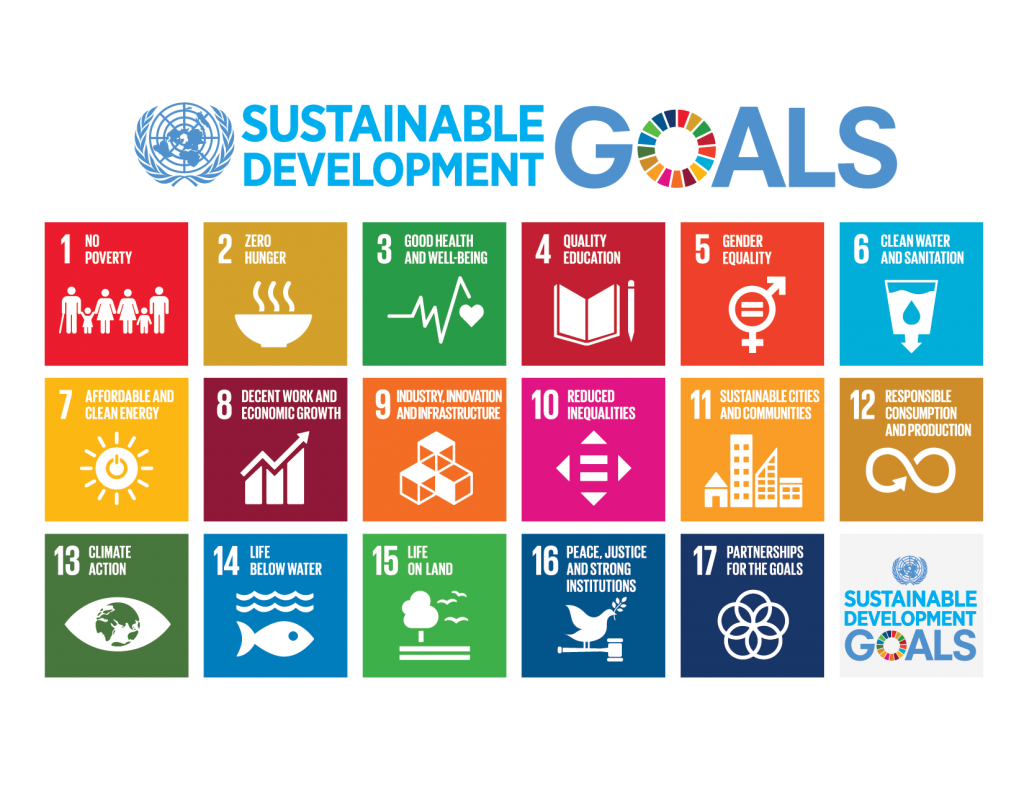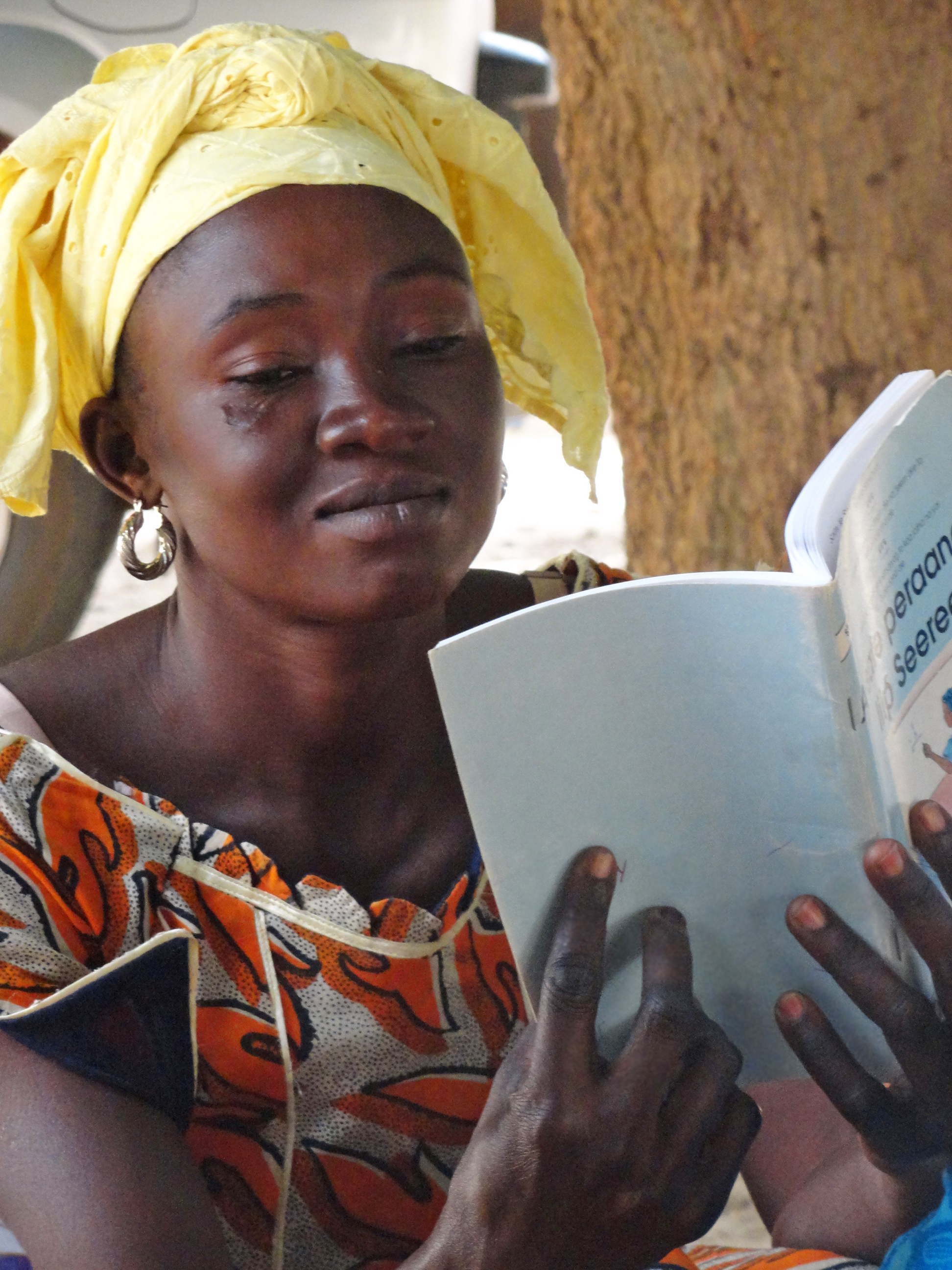Lifelong learning has a key role to play not only in achieving SDG 4 on education but also in creating a climate in which progressive change is possible, writes Paul Stanistreet
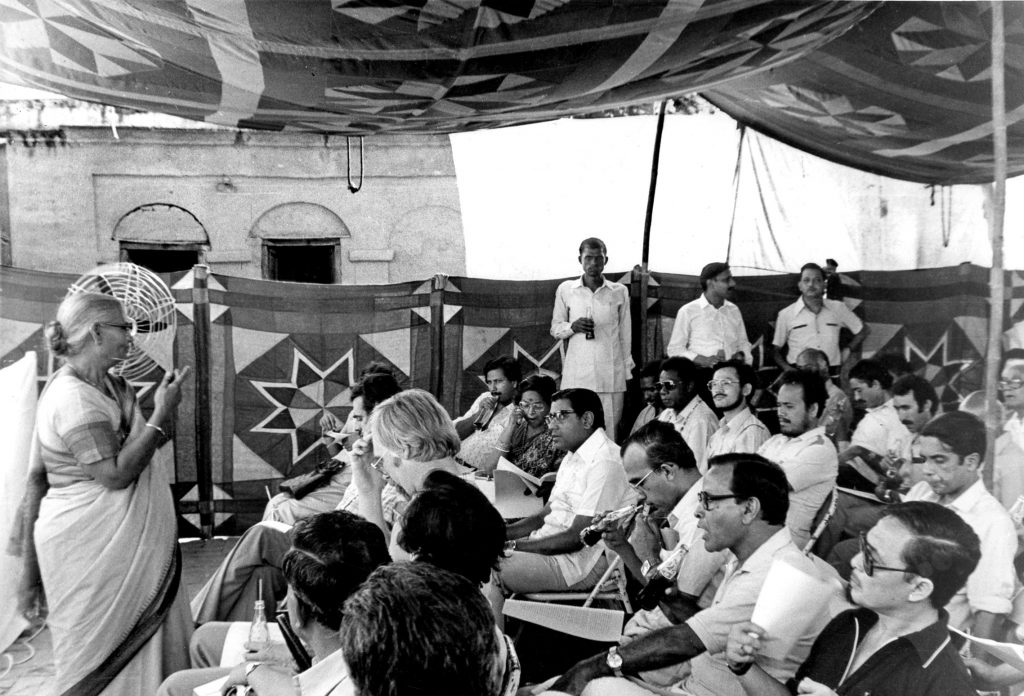
Last week, the Comparative International Education Society (CIES) convened in San Francisco for its annual conference, which this year focused on ‘Education for Sustainability’.
Jeffrey Sachs, the economist, UN adviser and sustainability advocate, gave the keynote lecture. He demanded urgent action to address the challenges of sustainability and specifically to deliver on the 2030 Agenda for Sustainable Development targets for education. Without a major change of pace or direction, he warned, the targets for Sustainable Development Goal (SDG) 4 would not be met.
Sachs is right to urge educators to ‘raise their voices’ and’ fight harder for resources’. However, the contribution of education to the sustainable development agenda will not be realized simply by raising more taxes from the very wealthy or by demanding or securing more funding for schools, important though this is. We need to think too about the role of education in shifting the cultural and intellectual climate to a place where political will can be moved and meaningful change in the face of powerful, entrenched interests is possible. Continue reading

